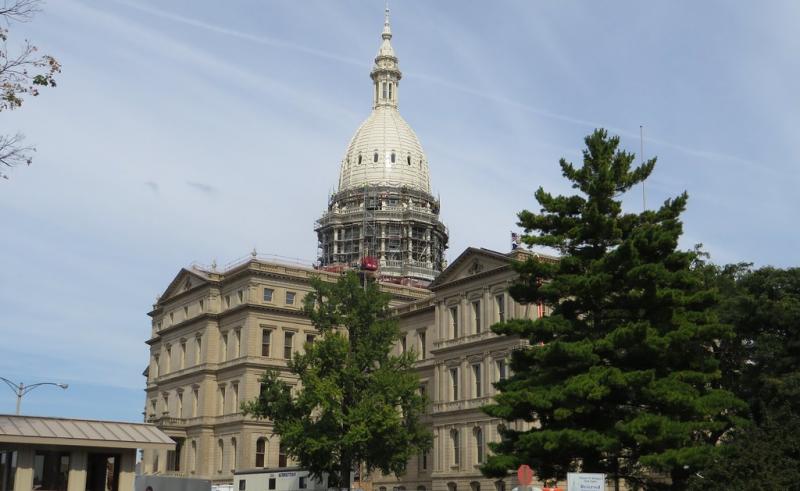
For people who have paid their penalties, and served their time in the criminal justice system, rejoining society can be a major challenge. The stigma of a conviction, even for nonviolent and misdemeanor offenders, can follow them as they try to build a new life.
They should have a chance to earn trust again, rather than being relegated to second class citizenship and punished far beyond what was intended. It’s not just the right thing to do, but smart policy that reduces recidivism, and strengthens families and communities. Making it easier to expunge certain crimes offers that opportunity.
A study from University of Michigan law school researchers found people’s wages went up by 20 percent on average one year after expunging their record, and that former offenders who have expunged their records very rarely break the law.
Michigan is currently considering a number of commonsense “Clean Slate” criminal justice reform bills that would expand expungement, and make the process automatic in some cases for people who have not reoffended – HB 4980, HB 4981, HB 4982, HB 4983.
While Michigan has expungement, it does not allow for records to be automatically expunged, usually known as “Clean Slate”. The state allows a person with a felony offense and no more than two misdemeanor offenses to petition to expunge the felony offense. Someone with two misdemeanor offenses and no felony offenses can expunge the misdemeanor offenses.
HB 4980 would mean an eligible offense is automatically expunged. A variety of crimes from sexual assault and violent crimes, to serious misdemeanors (like breaking and entering) would not be eligible. It requires that ten years have passed since the date of any sentence has been completed, and restitution has been paid. A person could not have more than two felonies or four misdemeanors automatically set aside.
Ten years is a significant amount of time. Justice Department figures show that re-arrest for former nonviolent offenders is very rare five or more years after release.
HB 4981 would make it possible to expunge some traffic offenses, but not serious ones like drunk driving, or if injury is caused, or if someone causes an accident while driving without a license. Currently, no traffic-related crimes can even be expunged in Michigan, which is onerous. The waiting period to apply for expungement would be reduced from five to four years following completion of any sentence.
HB 4982 would simply allow for the expungement of any misdemeanor marijuana-related offenses that are no longer a crime following the passage of Proposal 1 last year – a state voter initiative that legalized adult-use marijuana.
HB 4983 reduces the waiting period to petition to expunge a misdemeanor offense from five to three years. The waiting period for a felony offense would remain at five years.
People who have proven they have learned from their crimes should have the chance to leave that past behind, build new lives, and become full, contributing members of their communities. The opportunity to clear one’s record is an important incentive for people to avoid committing another crime later. That’s why these bills are so important as the end of this year’s session nears in Michigan.

